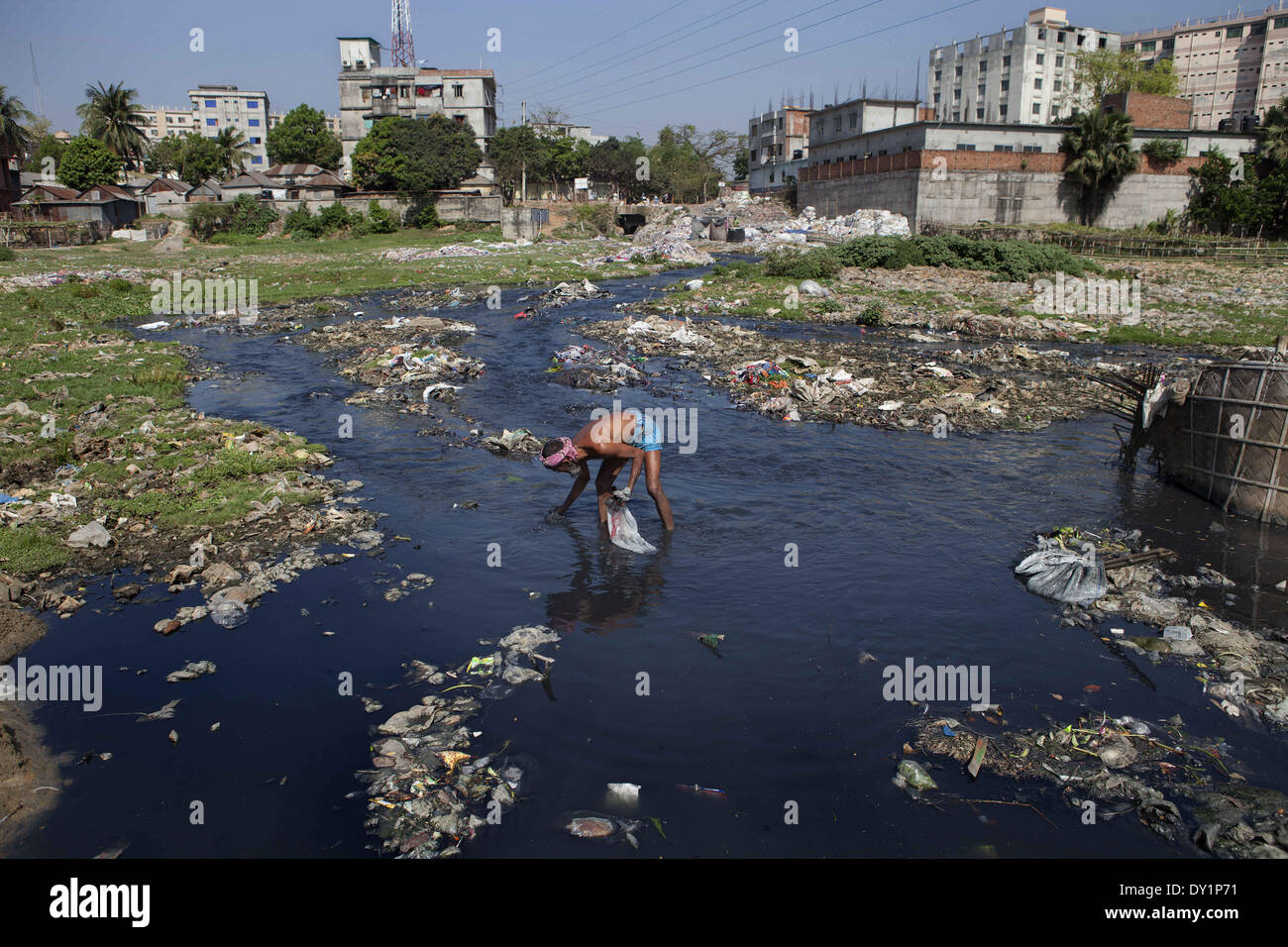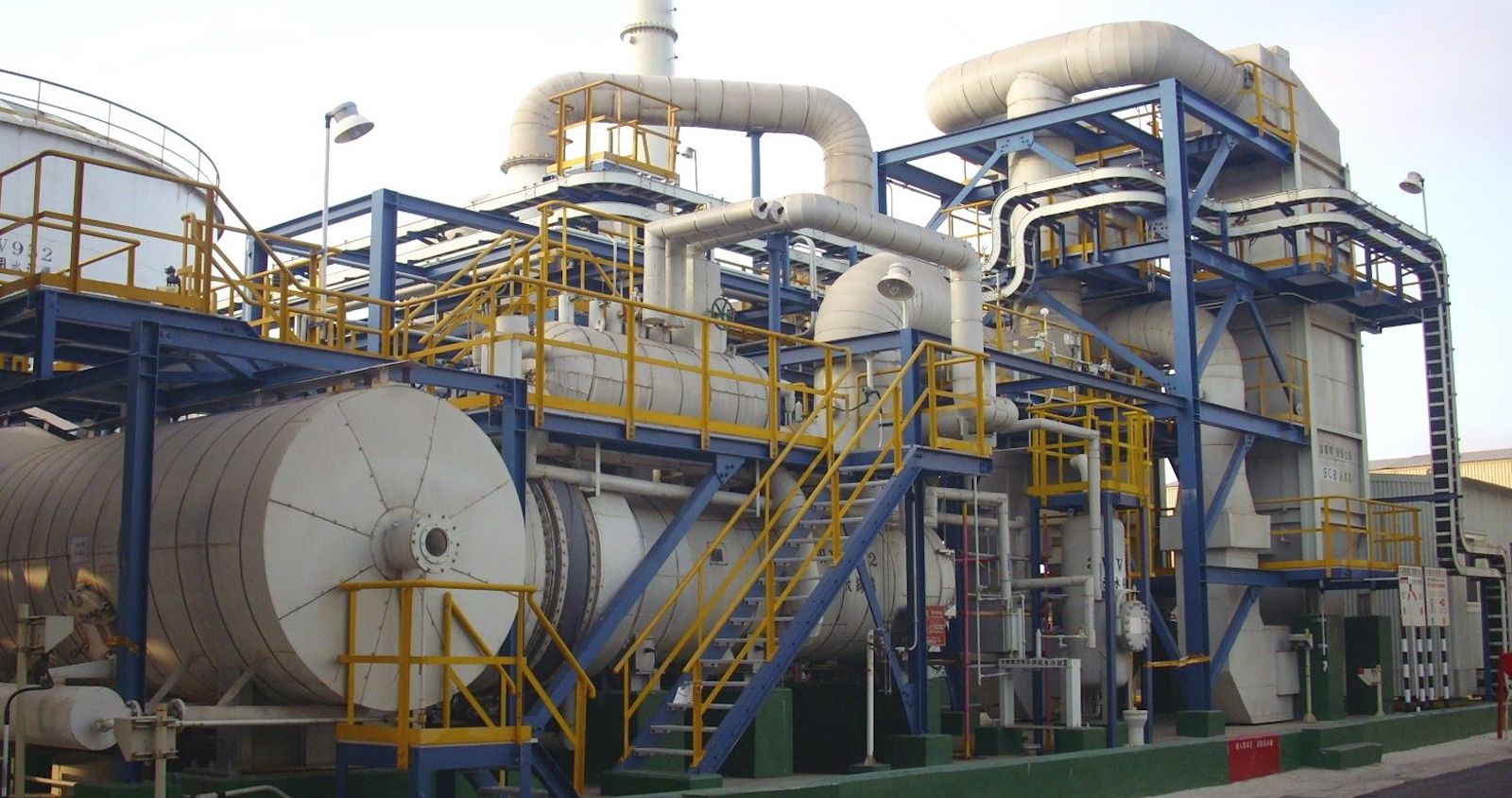Expert Liquid Waste Removal Melbourne: Keeping Your Atmosphere Clean
Expert Liquid Waste Removal Melbourne: Keeping Your Atmosphere Clean
Blog Article
Understanding the Comprehensive Process of Liquid Garbage Disposal: Ideal Practices and Environmental Influence Factors To Consider
The administration of liquid waste disposal is a multifaceted problem that needs a thorough understanding of numerous finest methods and their connected ecological effects. From the sorts of fluid waste created to the techniques utilized for collection, therapy, and last disposal, each action plays an important function in guarding environments and public health. As governing standards progress and modern technology advancements, the conversation around these processes becomes increasingly significant. What effects do these modifications hold for future sustainability initiatives, and just how can stakeholders ensure that they are adequately dealt with?
Kinds of Fluid Waste
Recognizing the different kinds of fluid waste is important for effective monitoring and disposal practices. Fluid waste can be generally categorized into numerous kinds, each calling for one-of-a-kind handling and treatment strategies.
Industrial liquid waste usually contains dangerous products, including hefty steels, solvents, and chemicals, generated throughout producing processes. These wastes demand stringent regulatory conformity to protect human health and wellness and the atmosphere. Residential liquid waste primarily describes wastewater produced from families, including sewage and greywater, which, although much less toxic, can still present substantial threats if improperly handled.
Agricultural liquid waste, consisting of overflow from farms, frequently has plant foods and pesticides that can bring about environmental destruction otherwise treated effectively. Medical liquid waste, produced from health care facilities, includes polluted liquids such as bodily liquids and chemicals, calling for specialized disposal methods to protect against infection and environmental contamination.
Lastly, oil and oil waste, commonly produced by dining establishments and automobile markets, can trigger extreme obstructions in drain systems if not handled appropriately. Recognizing these groups promotes targeted methods for therapy, compliance with regulations, and reliable disposal approaches, inevitably promoting environmental sustainability and public health security.

Collection Approaches
Efficient collection approaches are essential for the appropriate administration of liquid waste, ensuring that it is collected safely and successfully prior to treatment or disposal. Different techniques are utilized depending on the kind of liquid waste created, the quantity, and the details attributes of the waste.
One common technique is making use of devoted collection containers or sumps, which are designed to record liquid waste at the source. These systems frequently include pumps that help with the transfer of waste to larger storage containers or treatment centers. Furthermore, mobile collection systems outfitted with vacuum innovation are employed in scenarios where waste is created intermittently or in hard-to-reach places.
For industrial settings, closed-loop systems can effectively reduce leakages and spills, enabling the recuperation and reuse of liquid waste. It is likewise necessary to educate workers on correct collection protocols to reduce risks related to unsafe materials.
In addition, carrying out regular upkeep timetables for collection tools guarantees ideal performance and security. The combination of sophisticated surveillance systems can improve collection performance by providing real-time data on waste levels and possible hazards. Generally, reliable collection approaches are fundamental to sustainable fluid waste monitoring techniques.
Therapy Processes
Therapy procedures play a crucial duty in the monitoring of liquid waste, transforming potentially dangerous materials right into recyclable resources or secure effluents - liquid waste disposal. These procedures can be broadly classified right into physical, chemical, and biological methods, each tailored to address particular pollutants present in the waste stream
Physical treatment methods, such as sedimentation and purification, job by getting rid of put on hold solids and particulate issue. These methods are frequently the very first step in the therapy chain, effectively reducing the lots on succeeding processes. Chemical therapies include using reagents to neutralize harmful compounds, precipitate heavy steels, or oxidize organic contaminants, consequently improving the safety of the effluent.
Biological therapy processes, consisting of activated sludge systems and anaerobic food digestion, maximize the natural capacities of microorganisms to deteriorate natural matter. These approaches are particularly efficient for wastewater having eco-friendly pollutants. Advanced treatment modern technologies, such as membrane layer filtering and progressed oxidation processes, are progressively used to attain higher degrees of filtration.
Incorporating a combination of these treatment approaches not just makes certain compliance with governing standards but additionally advertises environmental sustainability by recuperating useful sources from liquid waste.
Disposal Options
Just how can organizations make sure the responsible and risk-free disposal of fluid waste? Reliable disposal choices are essential for securing public wellness and the setting. The key techniques consist of land incineration, treatment, and disposal adhered to by discharge right into metropolitan wastewater systems.
Land disposal includes the mindful containment of liquid waste in designated garbage dumps, ensuring that it does not leach right into bordering soil or water. Incineration, on the various other hand, subjects fluid waste to heats, transforming it into ash and gases, which need appropriate filtering to reduce emissions. This technique appropriates for contaminateds materials that can not be treated through typical methods.
In instances where fluid waste can be treated, organizations might go with chemical or biological treatment processes to counteract harmful parts prior to discharging the dealt with effluent right into local systems. This path usually aligns with governing needs, making certain that the effluent satisfies security criteria.
Ultimately, organizations need to carry out extensive evaluations of each disposal option to establish its feasibility, considering variables such as waste structure, regulatory conformity, and possible threats to health and wellness and the environment. By choosing appropriate disposal techniques, businesses can add to an accountable waste monitoring approach.
Environmental Influence
The ecological effect of fluid waste disposal is an check important factor to consider for companies seeking to reduce their environmental impact. In addition, the discharge of unattended or improperly basics treated waste right into surface waters can result in eutrophication, leading to oxygen depletion and the succeeding death of fish and other organisms.

To minimize these influences, companies have to take on finest practices such as executing rigorous waste treatment procedures, advertising recycling and reuse, and adhering to regulatory standards. By taking an aggressive technique to liquid waste administration, entities can dramatically minimize their environmental footprint while sustaining lasting growth goals. Eventually, an extensive understanding of the ecological impacts connected with fluid garbage disposal is important for notified decision-making and responsible stewardship of all-natural resources.
Verdict
Reliable management of fluid waste see post is vital for securing environmental integrity and public wellness. By embracing best techniques in therapy, disposal, and collection, alongside adherence to regulatory requirements, the potential for unsafe contamination of environments can be considerably minimized. Continual advancements in modern technology and procedures add to lasting waste management initiatives. Inevitably, a detailed understanding of fluid waste disposal not only minimizes environmental influences but additionally fosters a commitment to accountable source administration and environmental stewardship.
The management of fluid waste disposal is a multifaceted problem that needs an extensive understanding of different best methods and their linked ecological influences. From the kinds of fluid waste created to the approaches used for collection, therapy, and last disposal, each action plays an essential role in protecting ecological communities and public wellness.The ecological influence of liquid waste disposal is a crucial consideration for organizations seeking to minimize their ecological impact. Inevitably, a thorough understanding of the environmental impacts associated with liquid waste disposal is essential for informed decision-making and accountable stewardship of natural sources.
Inevitably, a detailed understanding of liquid waste disposal not only reduces environmental impacts yet additionally fosters a dedication to liable source administration and ecological stewardship.
Report this page